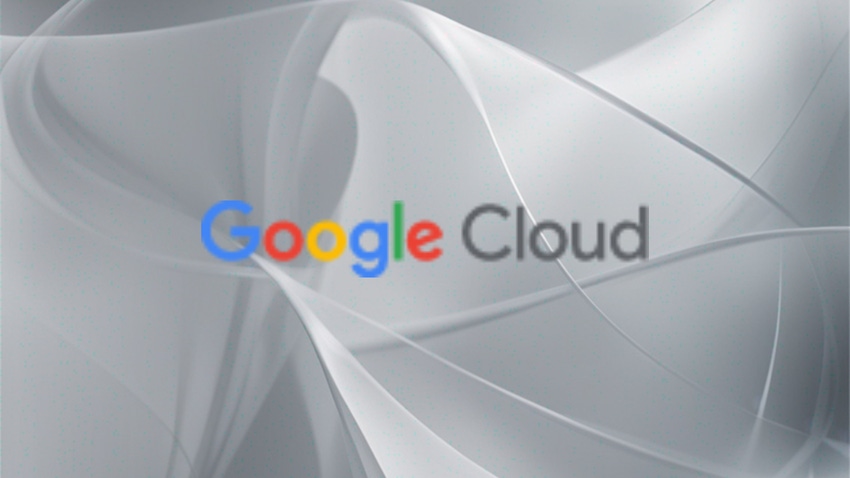Gen AI Advice from a Google Cloud Technical Director
John Abel imparts advice on tackling generative AI projects, at Tech Show London

At a Glance
- Google Cloud Technical Director John Abel urges companies to educate all their staff on generative AI.
- He advises companies to view training the models as coaching, set tolerable error levels and avoid overthinking projects.
The best generative AI use cases are when a company’s business side is engaged and being educated, according to Google Cloud’s John Abel.
Speaking at Tech Show London, the technical director in the office of the CTO at Google Cloud stressed that businesses need to educate staff on generative AI – both its advantages and its pitfalls to helping address toil.
“If there is one thing you take away … is educate everybody in the company on it, because the people that know toil are the people who actually do the business, not necessarily the technologists.”
He stressed that generative AI in business should not be thought of solely as a tech project, and that training needs to be a priority investment.
Abel said that businesses looking to implement generative AI need to clearly define their AI strategy externally and not solely internally. “Every business is struggling to retain the talent. If your talent does not know their role, how are they going to know why you want to retain them?”
Coaching not training
One piece of advice Abel imparted was that businesses should view generative AI as coaching the models – not training them.
“When you are doing generative AI, you are prompting it with questions. If you go into something like Gemini or ChatGPT and ask when the transformer was invented, it will tell you 1878.”
“It came back with the electrical transformer and not transformer models because there is more in the dataset that have the word electrical transformer so it was a higher probability.”
With his example, Abel advised that businesses looking to implement generative AI should break it down by way of making systems knowledge experts – and not chatbots.
“These technologies now have the ability to harmonize to the exact person it is dealing with,” Abel said, adding that he himself uses a system that has learned to understand his way of spelling certain terms due to his dyslexia.
“Because I'm interacting with it constantly, it even knows itself when I write certain words exactly what those words actually mean. I do not need to coach it anymore.”
Errors and overthinking
Another piece of advice for businesses was to ensure error levels are being well documented. Abel said that businesses should be aware of the percentage of errors their systems are creating since generative AI systems are probability-based and are never 100% correct.
“What is your probability you would accept as a business? If you do not know your current error level, how do you accept something as a new error level?”
Abel also encouraged avoiding overthinking projects – especially if they are only internal-facing. He said to focus on thinking of tools to try out and find what is best for your business needs.
About the Author(s)
You May Also Like


.jpg?width=700&auto=webp&quality=80&disable=upscale)
.jpg?width=700&auto=webp&quality=80&disable=upscale)

.jpg?width=300&auto=webp&quality=80&disable=upscale)
.jpg?width=300&auto=webp&quality=80&disable=upscale)
.jpg?width=300&auto=webp&quality=80&disable=upscale)
.jpg?width=300&auto=webp&quality=80&disable=upscale)
.jpg?width=300&auto=webp&quality=80&disable=upscale)